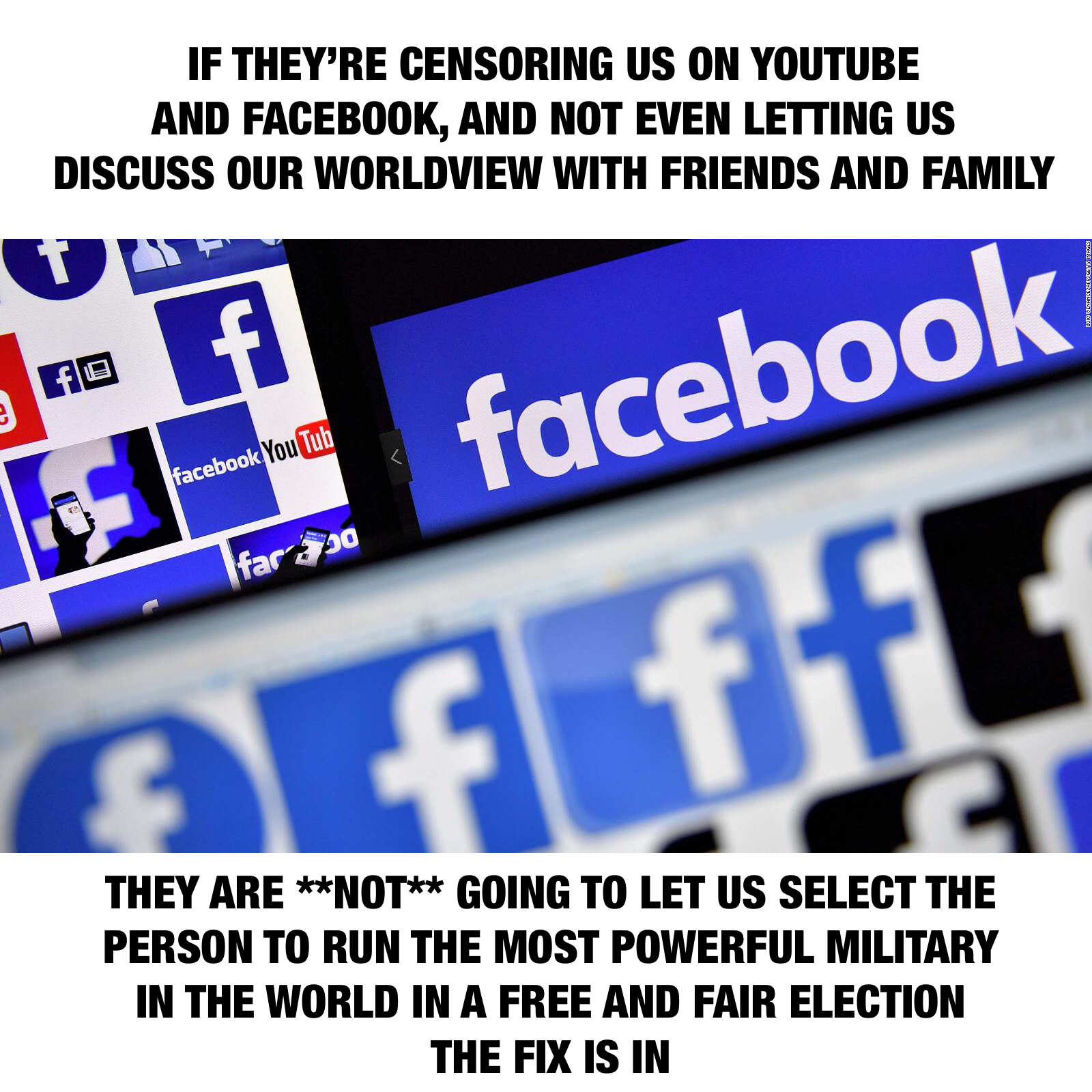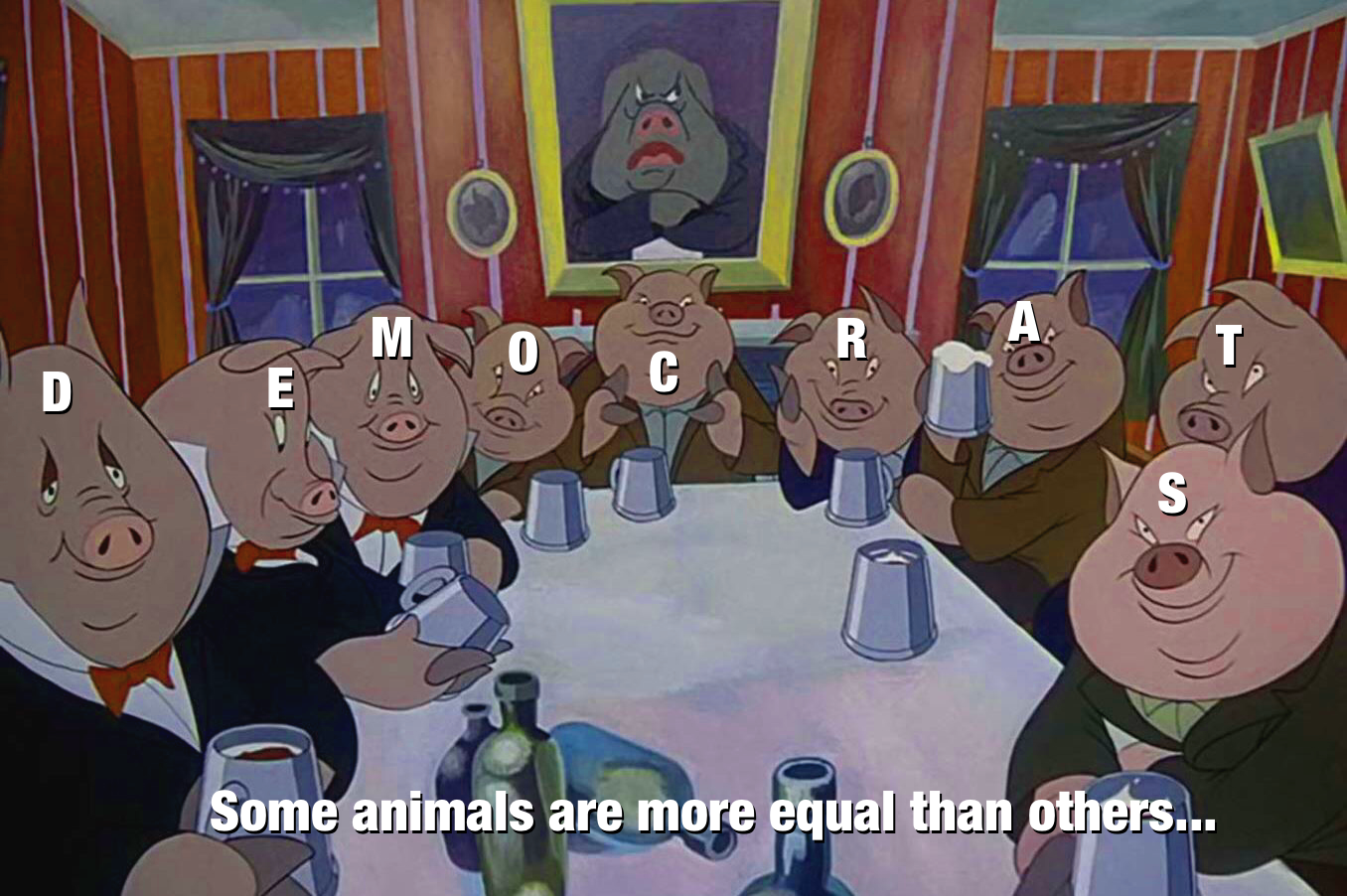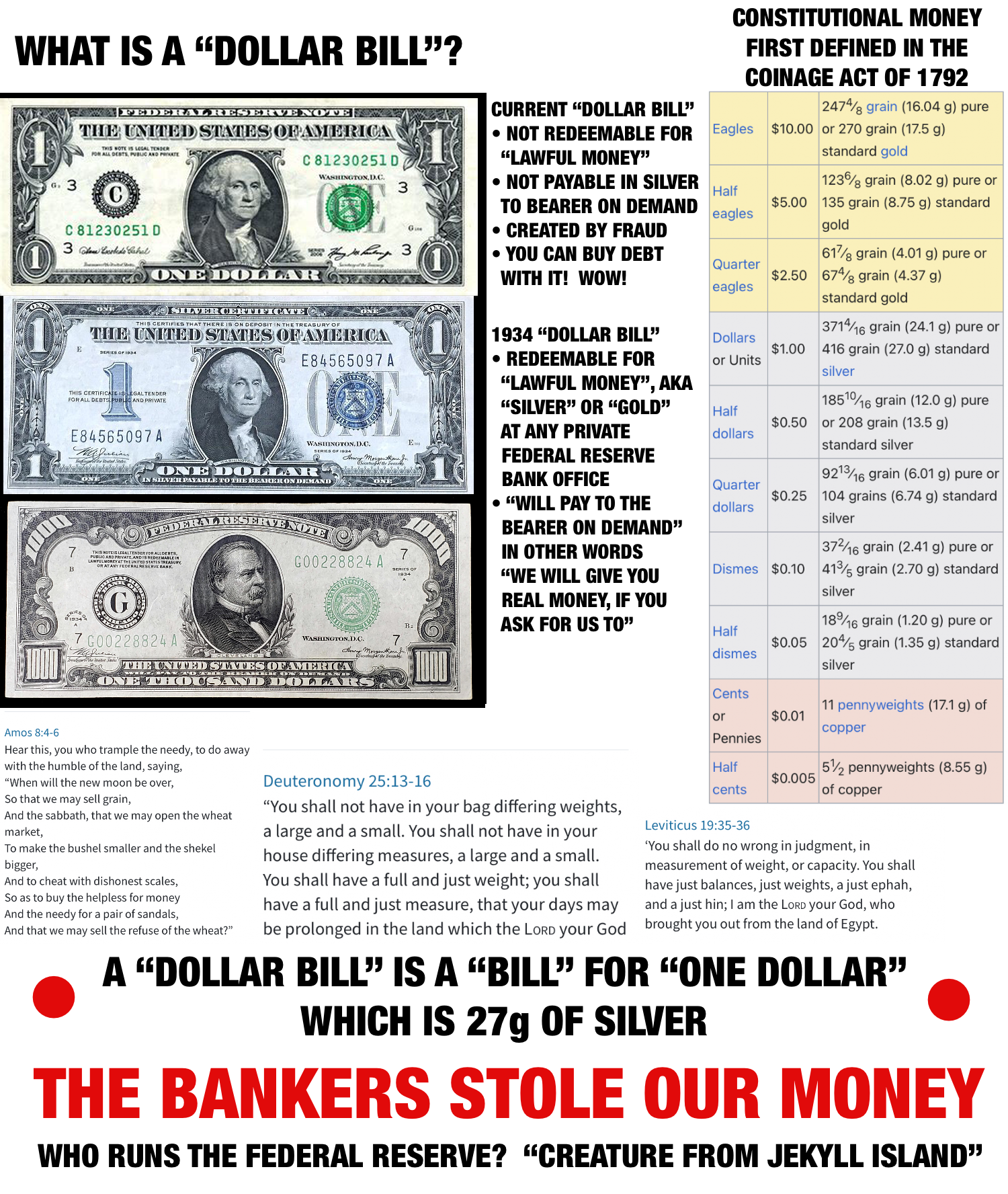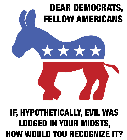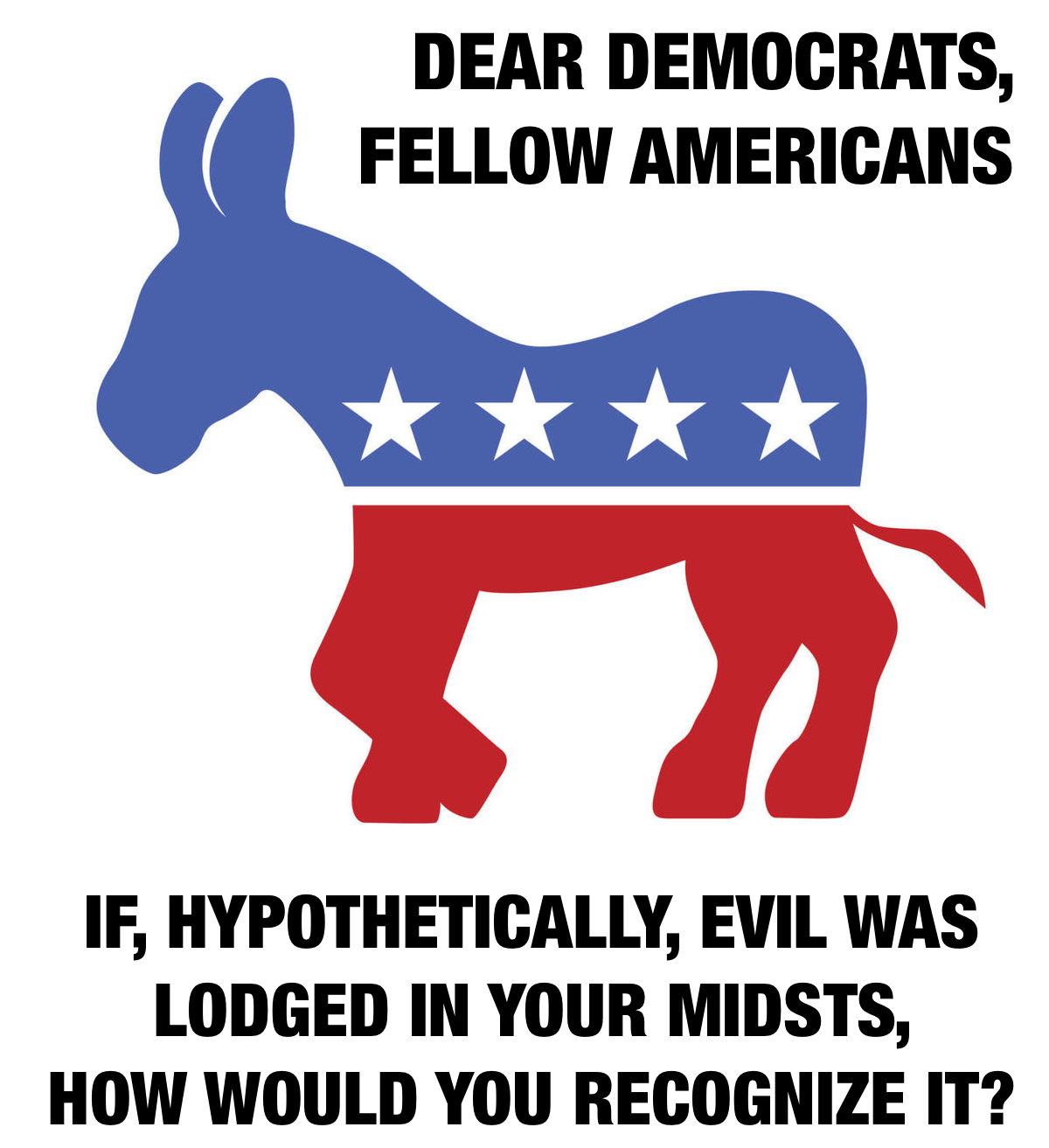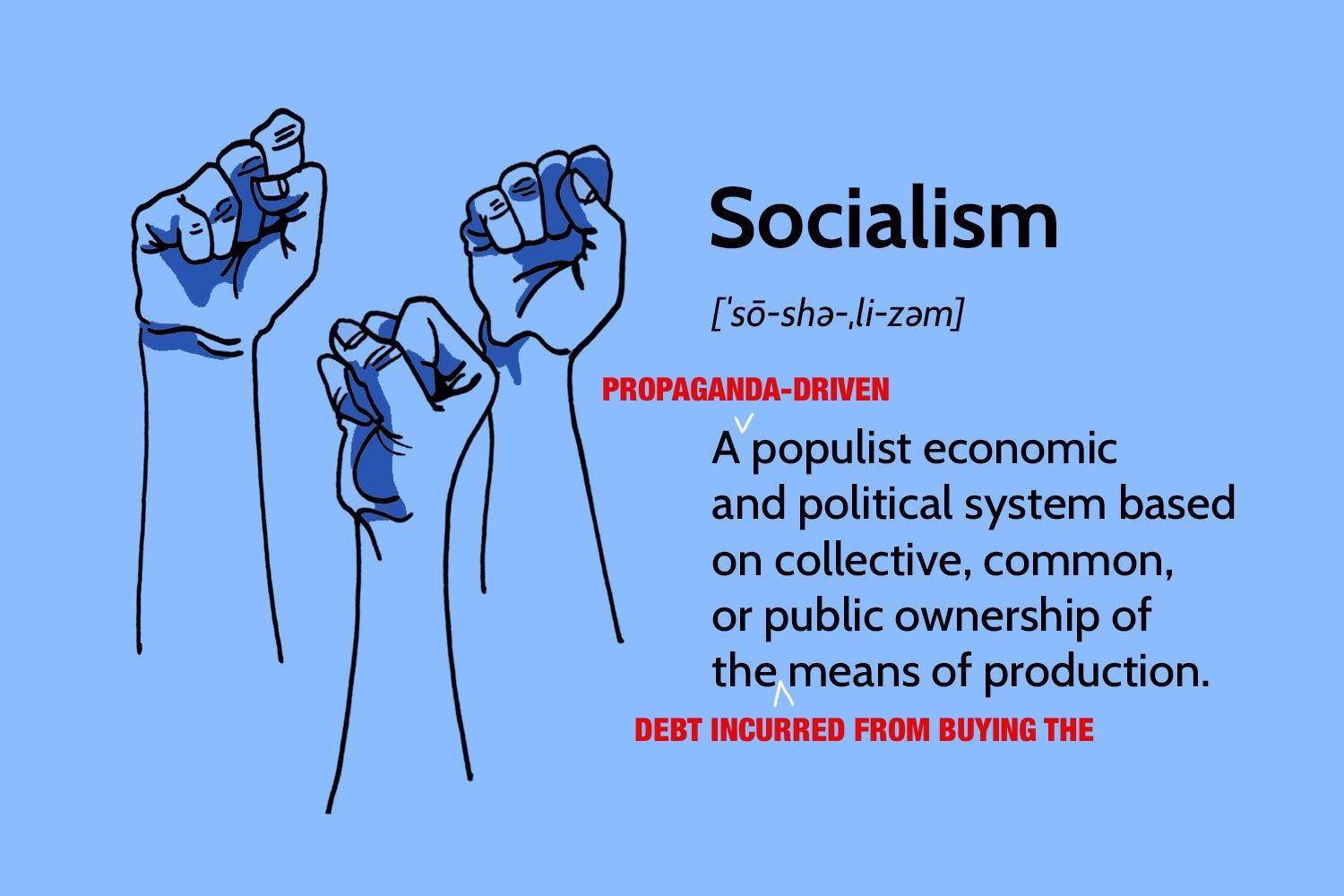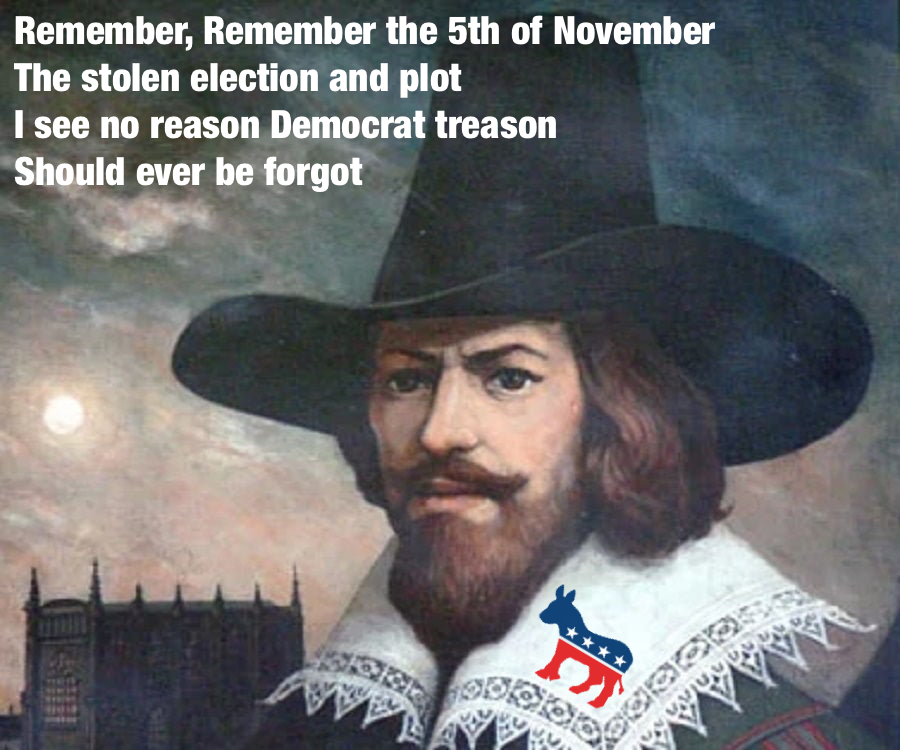We tend to think, when seeing London being under 50% English, that it’s the City of London that did this, or the UN, or some group of people that sits astride both those groups and more.
One way to test how this situation came to be is by looking back at the construction of early mosques. Who would have stood to benefit economically? Did someone have business interests in the Islamic world where they would have stood to benefit in their businesses by selling out England? Strategically? Was someone needed for assistance in some sort of temporary defensive position? We’re there English converts to Islam who sought to establish its position?
Let’s look at the London Central Mosque https://en.Wikipedia.org/wiki/London_Central_Mosque
Many efforts were made from 1900-1931 by a Lord Headley, who had converted to Islam, much like former CIA director John Brennan supposedly did, at age 58, before going on to establish the British Muslim Society, in collaboration with the homosexual Baron George Lloyd.
Other prominent English converts include Sir Archibald “Abdullah” Hamilton (after denying the use of the Churches of Rome and England), Muhammad Marmaduke Pickthall, William Abdullah Quilliam, Timothy “Abdul Hakim Murad” John Winter, Robert Reschid Stanley, and many others, including many among the nobility.
The earliest mosque in England seems to have been established at Woking, 30 miles southwest of London. Over 1000 Englishmen converted to Islam through this mission from 1913 to 1960.
2 Timothy 3
2 For men shall be lovers of their own selves, covetous, boasters, proud, blasphemers, disobedient to parents, unthankful, unholy, 3 Without natural affection, trucebreakers, false accusers, incontinent, fierce, despisers of those that are good, 4 Traitors, heady, highminded, lovers of pleasures more than lovers of God; 5 Having a form of godliness, but denying the power thereof: from such turn away. 6 For of this sort are they which creep into houses, and lead captive silly women laden with sins, led away with divers lusts, 7 Ever learning, and never able to come to the knowledge of the truth. 8 Now as Jannes and Jambres withstood Moses, so do these also resist the truth: men of corrupt minds, reprobate concerning the faith.
Who would want to prevent a realization that there can certainly be white Muslims?
Oh, Muslims would. Especially white ones.
https://pubmed.ncbi.nlm.nih.gov/34258234/
https://web.archive.org/web/20241130122336/https://pubmed.ncbi.nlm.nih.gov/34258234/
Although there is considerable evidence that a subset of infants has an increased risk of sudden death after receiving vaccines, *health authorities eliminated "prophylactic vaccination" as an official cause of death (to put this another way, “regulatory officials have decreed that ‘vaccination’ cannot be listed as cause of death without risking medical license”), so medical examiners are compelled to misclassify and conceal vaccine-related fatalities under alternate cause-of-death classifications. In this paper, the Vaccine Adverse Event Reporting System (VAERS) database was analyzed to ascertain the onset interval of infant deaths post-vaccination. Of 2605 infant deaths reported to VAERS from 1990 through 2019, 58 % clustered within 3 days post-vaccination and 78.3 % occurred within 7 days post-vaccination, confirming that infant deaths tend to occur in temporal proximity to vaccine administration. The excess of deaths during these early post-vaccination periods was statistically significant (p < 0.00001). A review of the medical literature substantiates a link between vaccines and sudden unexplained infant deaths. Several theories regarding the pathogenic mechanism behind these fatal events have been proposed, including the role of inflammatory cytokines as neuromodulators in the infant medulla preceding an abnormal response to the accumulation of carbon dioxide; fatal disorganization of respiratory control induced by adjuvants that cross the blood-brain barrier (*which is known by medical regulators and practitioners to not form completely until around 7 years of age - https://greatawakening.win/p/19A0jzeXuo/doctor-explains-that-the-blood-b/c/ *); and biochemical or synergistic toxicity due to multiple vaccines administered concurrently. While the findings in this paper are not proof of an association between infant vaccines and infant deaths, they are highly suggestive of a causal relationship.
Vaccinations, Autism Rates, the Law, and CDC Studies
https://greatawakening.win/p/17t1MhFkcC/vaccinations-autism-rates-the-la/
If you know an expectant mother, be sure she’s aware of this:
https://media.greatawakening.win/post/HQPfRcUrBdIH.png
Satan is always trying to kill the children.
In his first episode of The Narrative, Burning Bright walked step-by-step through the illustration of a very clear narrative deployment.
- [WaPo - 11/11/24] Trump talked to Putin, told Russian Leader not to escalate in Ukraine
- [AP - 11/12/24] Biden authorizes Ukraine to use US-supplied longer range missiles for deeper strikes into Russia
- [US Naval Institute - 11/18/24] Fleet and Marine Tracker website deployed to show all locations of US carrier fleet
- [Reuters - 11/19/24] Putin issues warning to United States with new Nuclear Doctrine
- [The Moscow Times - 11/20/24] Ukraine fires UK-made Storm Shadow missiles at Russia’s Kursk region
- [RT - 11/21/24] Western long-range weapons used against Russia - Putin
- [US Department of Defense - 11/21/24] DOD Adjusts Nuclear Deterrence Strategy as Nuclear Peer Adversaries Escalate
This sort of narrative deployment clearly shows to anyone with two brain cells to rub together that
So let me get this straight, some faction in the US is trying to pick a fight with Russia, who is warning against throwing a punch, and the warnings are used as an excuse to further escalate the aggression. The only way this is a great plan is if you stand to profit off the war.
My suggestion is that we pick these and certain other items that have been clear narrative deployments and turn them into easily digestible step-by-step memes to illustrate a concept. (Actual memes for these two examples to be added later - it would be fun to try making them with AI instead of a photo editor if anyone has a good platform suggestion to use - a AI primer thread might be useful for some of us)
For example, Ruby Freeman:
- [6/12/21] Georgia Voter Fraud starring Ruby Freeman caught on film - https://archive.org/details/georgia-voter-fraud-starting-ruby-freeman-caught-on-tape-1080p
- [Protect Democracy (the prosecuting attorneys) - 12/15/23] Jury in federal court awards Ruby Freeman and Shaye Moss $148,169,000 in damages
- [Newsweek - 10/10/24] Rudy Giuliani fights to keep Hollywood star’s car as he’s stripped of assets (Imagine being framed as the bad guy for making a claim with evidence, then fighting to keep your assets after wrongful conviction)
- [NYT - 11/15/25] Georgia poll workers defamed by Giuliani receive “some” ($148 million) of his assets
- [NewsNow - 11/20/24] Georgia Election Workers seek more penalties against Giuliani, saying he continues to defame them
- [Forbes - 11/20/24] Georgia election workers want Giuliani sanctioned for defaming them again
- [Independent - 11/23/24] Election workers defamed by Giuliani pen scathing letter accusing him of an ‘obvious attempt to intimidate’ - Trump’s former lawyer launched a ‘public relations campaign’ to block them from his property, attorneys claim
- [Guardian - 11/26/24] Rudy Giuliani tells judge he can’t pay his bills in courtroom outburst
“If I understand this correctly, Trump’s representation in the 2020 election, with evidence on film and in law, makes a claim against two poor women, who do appear, very decisively, to have been rigging ballots, is sued for defamation for making a claim against plain evidence, claim is brought in court that is biased toward the claimants, the reward for being defamed is hundreds of times the net worth these women would ever have seen combined in their lives, claiming that any attempt to protest is intimidation, that 150 million for a “good name” as a seasonal election poll worker is equivalent to a lifetime of taking down the mob, rebuilding NYC after 9/11, and being a national/global icon, and more than them deserving his home, cars, art, memorabilia, and other wealth, Rudy should be disbarred, and prevented from even working as a freelance podcaster, because he is the unjust tyrant.”
It’s a bit odd to make a “meme thread” with no memes, but this is to suggest a template, so that they can be generated via AI to save a lot of effort. If anyone has a good thread on doing this, please cross-post it.
P1: Ruby freeman should be executed.
P2: Executed... for what?
P3: Treason
u/BakasEverywhere: How was it treason? People just keep using that word without understanding what it means. It's basically made it meaningless now.
Bakas brings up a very valid point, and we do throw out accusations of treason quite a bit, so let’s address this and see what all might go into accusations of it.
https://constitution.congress.gov/browse/article-3/section-3/
Treason against the United States, shall consist only in levying War against them, or in adhering to their Enemies, giving them Aid and Comfort. No Person shall be convicted of Treason unless on the Testimony of two Witnesses to the same overt Act, or on Confession in open Court.
Treason is a unique offense in our constitutional order—the only crime expressly defined by the Constitution, and applying only to Americans who have betrayed the allegiance they are presumed to owe the United States. While the Constitution’s Framers shared the centuries-old view that all citizens owed a duty of loyalty to their home nation, they included the Treason Clause not so much to underscore the seriousness of such a betrayal, but to guard against the historic use of treason prosecutions by repressive governments to silence otherwise legitimate political opposition. Debate surrounding the Clause at the Constitutional Convention thus focused on ways to narrowly define the offense, and to protect against false or flimsy prosecutions.
ArtIII.S3.C1.1 Historical Background on Treason - https://constitution.congress.gov/browse/essay/artIII-S3-C1-1/ALDE_00013524/
The Clause was therefore intended to put extend[ing] the crime and punishment of treason beyond Congress’s power. the Framers contemplated a restrictive concept of the crime of treason that would prevent the politically powerful from escalating ordinary partisan disputes into capital charges of treason, as so often had happened in England
What are some cases of this from England that they would have been concerned about?
https://blog.nationalarchives.gov.uk/how-those-found-guilty-of-treason-were-punished/
The severity of Dafydd ap Gruffydd’s punishment was almost certainly influenced by Edward I’s anger against the Welsh prince, who had rebelled against him, and each form of his execution was linked to specific crimes. For betraying the king he was to be drawn at the horse’s tail to the place of execution. For killing certain English noblemen, he was to be hanged alive
Payments recorded for the execution of William Wallace, which record him claiming to be ‘King of Scotland’.
They fail to mention very prominently that Dafydd was apparently the Prince of Wales, or that both these “rebellions” were from provinces trying to break free and run themselves independently, and during the same time period, if not overlapping. Interesting.
The symbolism of a treason execution could also take more unusual forms. The execution of Sir John Oldcastle in 1417 linked two separate forms of execution in symbolic fashion once again. Oldcastle was a lollard, a religious reform movement which spread in the early 15th century , and which was the subject of regular crackdowns by the Lancastrian regime. As a religious movement, the lollard movement was faced by charges of both heresy and treason.
We see here the impetus for “Congress shall make no law regarding an establishment of religion”, as attempting to leave the Anglican Church, of whom the king was also the pope, was both heresy and treason, by law, thus we do not establish an official state church (let’s leave any further delving on this subject out of this topic, as it is a different rabbit hole).
Then we start to fall into what definitely would have been sought to be protected against.
Thomas Kerver, a gentleman from Reading in Berkshire, was charged with uttering treasonous words against Henry VI in the precinct of Reading Abbey in 1444, stating that it the realm would have been £100,000 wealthier had the king died twenty years earlier when he was young.
Edward Coke decides in R v Owen that mere speech about the monarch could be treason if it "disabled his title" in departure from his earlier statement "it is commonly said that bare words may make a heretick, but not a traytor without an overt act"
Thus we start to see some of the issues that were desired to be avoided, as English treason was absolutely in conflict with free speech by free men.
Thus, the Framers adopted two of the three formulations and the phraseology of the English Statute of Treason enacted in 1350 but they conspicuously omitted the phrase defining as treason the compass[ing] or imagin[ing] the death of our lord the King,4 under which most of the English law of constructive treason had been developed.5 Beyond limiting Congress’s power to define treason,6 the Clause also limits Congress’s ability to make proof of the offense of treason easy to establish7 and to define the punishment for treason.8
So who does make proof of the offense of treason and establish its punishment?
https://constitution.findlaw.com/article3/annotation24.html
Ex Parte Bollman case https://caselaw.findlaw.com/court/us-supreme-court/8/75.html
Are the accusations of it from citizens? Military? I haven’t seen it yet. We may have to read cases to see this, as it’s probably not a thing [they] would want us to know about.
ArtIII.S3.C1.2 Levying War as Treason - https://constitution.congress.gov/browse/essay/artIII-S3-C1-2/ALDE_00013525/
https://en.m.wikipedia.org/wiki/Treason
Beginning with the reign of Edward I the Crown asserted its authority to recognize rebellions ("levying war") as treasonous.
By English law, American independence and “self governance” (if that ever actually truly happened) was absolutely an act of treason, and the quote of “either we hang together, or we shall assuredly hang separately” was meant very literally, as proven by the same attempted acts from Wales and Scotland.
"Levying war" refers to assembling for a purpose "treasonable in itself." It requires actions against the United States and not just a conspiracy against the nation.
This is an interesting distinction. What would the difference be?
ArtIII.S3.C1.3 Trial of Aaron Burr - I’ll skip this one. If someone else wants to dive in, feel free.
Early judicial interpretation of the Treason Clause and the term levying war arose in the context of the partisan struggles of the early nineteenth century and the treason trials of Aaron Burr and his associates. In Ex parte Bollman,1 which involved two of Burr’s confederates, Chief Justice John Marshall, speaking for himself and three other Justices, confined the meaning of levying war to the actual waging of war.
ArtIII.S3.C1.4 Aid and Comfort to the Enemy as Treason
To convict someone of the crime of treason for giving aid or comfort to an enemy, the government must prove two elements: 1. Adherence or loyalty to an enemy of the United States, and 2. Providing aid or comfort to the enemy. The Supreme Court has noted, treason cannot exist if either element is missing.
For example, a U.S. citizen may favor or harbor sympathies for an enemy or hold beliefs that are disloyal to the United States. However, so long as they don't act on those by giving aid or comfort to the enemy, they have not committed treason.
Similarly, a U.S. citizen can take actions that, in fact, aid or comfort the enemy. However, as long as there is no adherence or loyalty to the enemy (i.e., no intent to betray the United States), there is no treason.
An enemy of the United States is a person, partnership, or other group of individuals who live within the territory of any nation the United States is at war with. It also includes governments of any nation with whom the United States is at war.
Another way to think about whether someone is an enemy or not is if their loyalties lie with a country other than the United States, in combination with their actions against the United States.
https://constitutioncenter.org/the-constitution/articles/article-iii/clauses/39
Other cases of treason
https://caselaw.findlaw.com/court/us-supreme-court/325/1.html
https://caselaw.findlaw.com/court/us-supreme-court/330/631.html
Some other interesting finds:
Until the late 19th century, Britain - like various other countries - held to a doctrine of "perpetual allegiance to the sovereign", dating back to feudal times, under which British subjects, owing loyalty to the British monarch, remained such even if they emigrated to another country and took its citizenship.
Hi, California.
After Napoleon fell from power for the first time, Marshal Michel Ney swore allegiance to the restored King Louis XVIII, but when the Emperor escaped from Elba, Ney resumed his Napoleonic allegiance, and commanded the French troops at the Battle of Waterloo. After Napoleon was defeated, dethroned, and exiled for the second time in the summer of 1815, Ney was arrested and tried for treason by the Chamber of Peers. In order to save Ney's life, his lawyer André Dupin argued that as Ney's hometown of Sarrelouis had been annexed by Prussia according to the Treaty of Paris of 1815, Ney was now a Prussian, no longer owing allegiance to the King of France and therefore not liable for treason in a French court. Ney ruined his lawyer's effort by interrupting him and stating: "Je suis Français et je resterai Français!" (I am French and I will remain French!).[11] Having refused that defence, Ney was duly found guilty of treason and executed.
This one is THE most important consideration in defining treason:
In other words, the ruling class used the crime of treason to eliminate their political dissidents.
We cannot do that, and should avoid being seen as doing that. “Optics matter.”
To the original case, Ruby is clearly involved in criminality, but treason would be reserved for someone higher up the chain, who is knowingly loyal to another nation and acting to usurp total control of the government and overthrow the constitution.
All that and more in one word, one relatively tiny clause of “treason”. Someone has most definitely committed it right now, but we will have to be discerning about who we accuse of it, why, how, and in which jurisdictions.
While trying to find a study I saw previously that claimed that 85% of homosexuals had been raped and/or abused as children, I came upon an interesting name.
Turns out, the Editor in Chief of Psychology Today was a man named Robert Epstein.
https://en.m.wikipedia.org/wiki/Robert_Epstein
That’s an awfully unusual name! Maybe it’s time to scan over Jeffrey Epstein’s biography for random reasons!
https://en.m.wikipedia.org/wiki/Jeffrey_Epstein
Epstein began his professional life as a teacher at the Dalton School despite lacking a college degree.
Well, we know these people get groomed/recruited into their positions from somewhere, so let’s keep reading and see what we see about this “Dalton School”.
Epstein started working in September 1974 as a physics and mathematics teacher for teens at the Dalton School on the Upper East Side of Manhattan.[28][30] Donald Barr, who served as the headmaster until June 1974,[31][32][33] was known to have made several unconventional recruitments at the time, although it is unclear whether he had a direct role in hiring Epstein.
Barr? That name sounds familiar!
https://en.m.wikipedia.org/wiki/Donald_Barr
Donald Barr (August 8, 1921 – February 5, 2004) was an [“]American educator[“], writer, and Office of Strategic Services (OSS) officer. He was an administrator at Columbia University before serving as headmaster at the Dalton School in New York City and the Hackley School in Tarrytown, New York.
Tarrytown being the home of John D. Rockefeller. Sleepy Hollow is a suburb of it. Benedict Arnold’s treason was exposed here.
The Attorney General of the United States’ father was a British Intelligence officer, and may have employed a man responsible for blackmailing people, who partnered with the daughter of another OSS member (Ghislane/Robert Maxwell) whose company publishes many American schoolbooks?
Probably still not as sketchy as the President of the United States (Clinton) being a (Cecil) Rhodes Scholar. (Cecil was a British nationalist whose life’s goal was to bring the U.S. back under British control)
His sons are former United States Attorney General William Barr and physicist Stephen Barr.
In 1973, Barr published Space Relations, a science fiction novel about a planet ruled by oligarchs who engage in child sex slavery.
… does this have anything to do with “Space Force”?
And his other son is an physicist with interests in space and philosophy?
In 1983 President Ronald Reagan nominated Donald Barr to be a member of the National Council on Educational Research.
This makes every single thing prior much more interesting. What is going on here?
William P. Barr (who served as the 77th U.S. Attorney General in the George H. W. Bush Administration and as the 85th U.S. Attorney General in the Donald Trump Administration)
No signs of Robert being related to Jeffrey, but very ‘dasting connections all over the rest of it.
Several months ago, u/Slechta5614 and I brought up the concept of a mapping project. Several people expressed interest, but while enthusiastic, I didn’t end up having the bandwidth to start making rubber meet the road.
That project (https://greatawakening.win/p/17si5CTrPS/mapping-project/c/) was and is intended to help as an umbrella for concepts like this one, however, and will be useful at some point. Tag me if still interested.
Where this becomes relevant is in Phase 2 of the Pincher move we are looking to execute on the deep state. Top down AND Bottom up. Local action = national results.
We, as citizens who are not in the “big club”, are at an information disadvantage and need to start working to rectify that problem. One way it manifests is in elections. They’ve gerrymandered us into corners all over the country. “Hey, you mostly rural county, you’re looking too red, here’s a university to get you ‘educated’.”
Turns out, the indoctrinated class presidents from those universities, who have never actually worked but do know how to campaign and game out office runs and grease palms, graduate with connections in the university system and democrat/activist organizations.
Now, say you have a largely rural county, as noted in the above quote. They could, and have, take their precincts and divide them up in such a way as to completely disenfranchise everyone in a given precinct from any access to representation, while binding them to the whims of people who don’t even live in the county. The university population and dorm capacities can easily be made to overpopulate the property owners in the precinct, thus locking that precinct in to whatever club whims happen to be, with no apparent voting recourse.
One major handicap we have in this effort is a major information disadvantage. They have it, we don’t, and we don’t even know the damn game.
To work on resolving that, I suggest some steps toward addressing this issue when the problem is identified:
- Acquire a list of all property owners, addresses, contact information in the county, by precinct (as much info as possible)
- Map out the laws around electoral guarantees, forms and procedures needed to make demands (not requests), and the numeric and practical issues in play
- Use the list to get more people on your side, construct mailing lists, contact sheets, etc. Let people know what problems exist. Have people sign on to petitions. Know who you’re signing on if you can, because you don’t want to alert the people you’re going against any sooner than needed. This is an important step if they decide to be violent. Remember, this sort of action will be moving against local money and local control.
- Show how conflicting constituencies have been intentionally grouped together against the clear incentive interests of conflicting parties. Prove that one party cannot win any election as the vote is constructed, and point out that the people who drew the lines knew this. You may want to get that person’s name(s) before presenting your information. Look for geographical and business quirks in the precinct/county layouts that they might be intentionally exploiting to their advantage.
- Demand equal, constitutionally guaranteed, Republican (not the party, the form of government) representation, attack negation of egregious things that oppositional parties have attempted to foist on grieved parties, and demand correction and recompense for the problems, which were done without consultation or consent.
- PRAY. 0. PRAY.
If you notice silly things like … oh, say, pentagrams, it may also help to look around for the relevant clubs and start trying to find things out about who’s running certain interests.
u/christine_grab is that a half decent plan of attack on part of this issue? I’m new to this.
… the one path I didn’t even halfway imagine was a totally normal election win.
Praise Yahweh for His grace, mercy, and longsuffering kindness!
With Archive.org being messed with, if I might recommend this:
An open source tool to download entire websites
Remember, if you have windows 10 or 11, Microsoft may be able to deploy updates to “suggest” certain files be deleted from your computer, without your knowledge or explicit consent, so move archives to storage that isn’t connected to the internet.
Undoubtedly, several of you have gone back and looked at both of these by now. For those who haven’t, if you take a look at the federalist vs antifederalist papers, and their primary arguments, where the federalist papers are the only ones that are ever taught at all, and both of them are only glossed over at a summary level, then actually look at what’s going on, it’s funny how the federalist papers were clearly wrong on nearly every single high level point.
Got this nice little summary out of a query. Enjoy!
Anti-Federalist Papers Summary
The Anti-Federalist Papers consist of a series of essays written by various authors who opposed the ratification of the U.S. Constitution in 1787-1788. Key figures included Patrick Henry, George Mason, and Richard Henry Lee. Their arguments centered on the dangers of a strong central government, which they believed would threaten individual liberties and state sovereignty. They expressed concerns about the lack of a Bill of Rights, the potential for tyranny, and the perceived overreach of federal authority. The Anti-Federalists advocated for a decentralized government that would preserve local control and protect the rights of citizens.
Their main arguments can be summarized as follows:
Fear of Centralized Power: Anti-Federalists believed that a strong central government would lead to tyranny. They argued that the Constitution would create a powerful national government that could easily overstep its bounds and infringe on individual liberties and state rights.
Lack of a Bill of Rights: One of their central objections was the absence of a Bill of Rights in the original Constitution. They argued that without explicit protections for individual freedoms, citizens would be vulnerable to government oppression. State Sovereignty: Anti-Federalists emphasized the importance of state governments, which they viewed as closer and more responsive to the people. They believed that state legislatures were better suited to protect citizens' rights and interests.
Potential for Corruption: They expressed concerns about the potential for corruption and abuse of power within a large federal government. Anti-Federalists feared that elected officials would prioritize their interests over those of their constituents.
Geographic Concerns: Some argued that the vastness of the nation would make it difficult for a single federal government to effectively represent diverse local interests and needs.
Key documents include "Brutus," "Cato," and "Federal Farmer," which articulated these concerns in detail, warning against the dangers of a powerful federal structure.
Federalist Papers Summary
The Federalist Papers are a collection of 85 essays written by Alexander Hamilton, James Madison, and John Jay between 1787 and 1788 to promote the ratification of the U.S. Constitution. The essays defend the need for a strong federal government to maintain order, protect individual rights, and promote the common good. Key themes include the benefits of a strong central authority, the importance of checks and balances, and the need for a system that can adapt to the nation's needs. The Federalists argued that a Bill of Rights was unnecessary, as the Constitution itself provided sufficient protections.
Need for a Strong Central Government: The Federalists argued that a strong national government was essential for maintaining order, providing for the common defense, and managing economic challenges. They believed that the Articles of Confederation had proven inadequate in dealing with these issues.
Checks and Balances: The essays emphasized the importance of a system of checks and balances to prevent any one branch of government from becoming too powerful. They outlined how the separation of powers among the legislative, executive, and judicial branches would protect against tyranny.
Federalism: The Federalists promoted the idea of federalism, which balances power between the national and state governments. They argued that this system would allow for a more effective governance structure that could accommodate both local and national interests.
Addressing the Bill of Rights Debate: While some Federalists initially argued against the necessity of a Bill of Rights, they ultimately acknowledged its importance in assuaging public fears. This eventually led to the promise of amendments to include specific protections for individual liberties.
Representation and the Role of the Electorate: The Federalist Papers argued that a well-informed electorate would be capable of choosing representatives who would serve the public interest, thus countering fears of corruption and misrepresentation.
Prominent essays include Federalist No. 10 (discussing factions and their impact) and Federalist No. 51 (explaining the need for checks and balances).
Contrast of Arguments
Central Authority: Anti-Federalists: Advocated for limited central government to prevent tyranny and protect states' rights. Federalists: Supported a strong central government to ensure stability and effective governance.
Bill of Rights: Anti-Federalists: Insisted on a Bill of Rights to safeguard individual liberties. Federalists: Argued that the Constitution inherently protected rights and that a Bill of Rights was unnecessary.
Fear of Tyranny: Anti-Federalists: Warned of potential government overreach and loss of freedoms. Federalists: Contended that a well-structured government would prevent any one faction from dominating.
Public Trust: Anti-Federalists: Expressed skepticism about the motives and capabilities of a distant central government. Federalists: Believed in the capacity of an informed electorate to engage with and support the new government structure.
Overall, the debate between the Federalists and Anti-Federalists laid the foundation for ongoing discussions about the balance of power between state and federal authorities in the U.S.
Some people have noticed the presence of very large bonds on this election, and the last election (2023) and before that. This may happen every election, dating back to who-knows-when.
If there is a $1 billion bond up for vote, in a county of 22,000, for schools (“graft”), do we:
- Vote it in as the last money/asset grab before the dollar collapses
- Vote it down like we always should have been doing
I’m thinking at this point that every dollar of that damn bond is going to be propping up the local deep state on our backs.
“Vote no to all bond props, countrywide.” seems like the best path forward, but maybe I’m missing something. Thoughts?
2023 thread: https://greatawakening.win/p/17rlrMTkE3/bond-proposal-a-research-needed/
https://youtube.com/watch?v=MznHdJReoeo
A song by Jesus Jones about waking up from hissstory when a woman talking about a revolution doesn’t realize it already passed her by?
Jonesing for an awakening toward Jesus? Neat!
Seems like a very happy comms song.
A woman on the radio talks about revolution When it's already passed her by Bob Dylan didn't have this to sing about You know it feels good to be alive
I was alive and I waited, waited I was alive and I waited for this Right here, right now There is no other place I want to be Right here, right now Watching the world wake up from history
Oh, I saw the decade in, when it seemed the world could change At the blink of an eye And if anything Then there's your sign of the times
I was alive and I waited, waited I was alive and I waited for this Right here, right now
I was alive and I waited, waited I was alive and I waited for this Right here, right now There is no other place I want to be Right here, right now Watching the world wake up from history
Right here, right now There is no other place I want to be Right here, right now Watching the world wake up from history
Right here, right now There is no other place I want to be Right here, right now Watching the world wake up…!!
What’s everyones’ opinion on the Tesla Optimus that Elon is talking about rolling out millions of per year at $20-30k per?
https://youtube.com/watch?v=rP6rdmrpRUg
Rolling out in 2026, alongside the Tesla Taxi and Bus.
https://youtube.com/watch?v=3LFYM86BjU0
Between these and AI, what in the world is the world going to look like in 2 years?
Both the origin of the Kievan state and that of the name Rus, which came to be applied to it, remain matters of debate among historians. According to the traditional account presented in The Russian Primary Chronicle, it was founded by the Viking Oleg, ruler of Novgorod from about 879. In 882 he seized Smolensk and Kiev, and the latter city, owing to its strategic location on the Dnieper River, became the capital of Kievan Rus. Extending his rule, Oleg united local Slavic and Finnish tribes, defeated the Khazars, and, in 911, arranged trade agreements with Constantinople.
https://www.britannica.com/topic/Kyivan-Rus
Who wants to bet 420 was another marker event?
Talk about holding a grudge…









